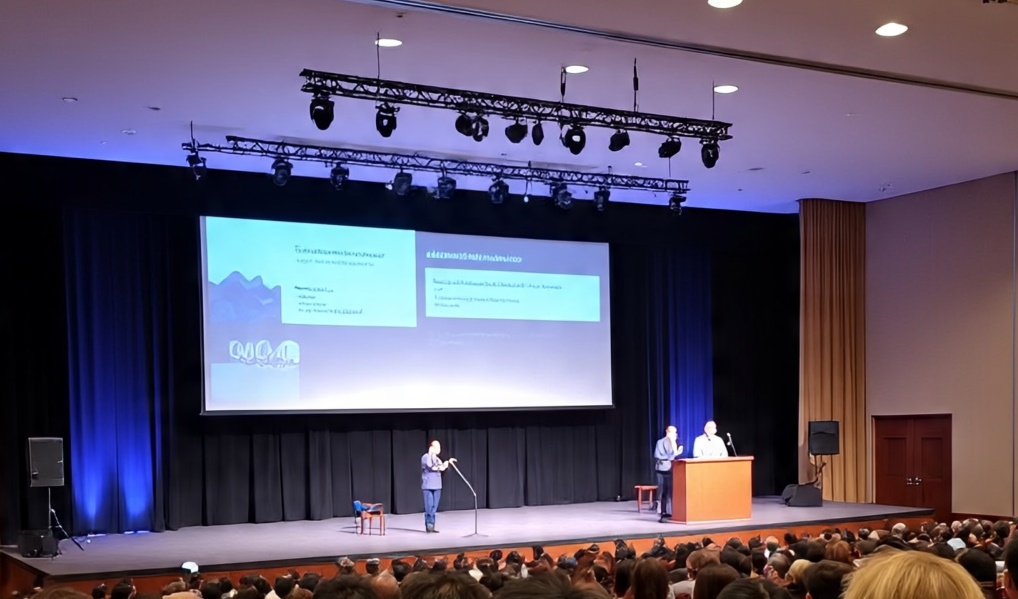Exploring the Role of Blockchain in Promoting Transparency in E-Invoicing Systems Among Multinational Corporations in Nigeria
Keywords:
Blockchain, Data Security, E-invoicing, Multinational Corporations, TransparencyAbstract
Blockchain technology has gained attention because of its potential to increase transparency through decentralized, immutable, and cryptographically secure transaction records. This paper explores blockchain's role in promoting transparency in e-invoicing systems used by multinational corporations (MNCs) operating in Nigeria. E-invoicing automation has gained popularity due to the benefits of reduced costs and improved efficiency. This paper analyses blockchain's applicability by examining its technical architecture, the current state of e- invoicing used by MNCs in Nigeria, key challenges faced, and relevant regulatory frameworks. Pioneering case studies demonstrate blockchain's commercial viability for coordinating complex cross-border business networks. This study suggests a new framework with parts for a public-private blockchain system that can work with each other. This could change the way e-invoicing is clear by rebuilding trust digitally between different parties.
References
Adejumo, A. (2021). Blockchain technology in Nigeria's healthcare sector. The Cable. https://www.thecable.ng/blockchain-technology-in-nigerias-healthcare-sector
Adeyeye, O. V., Sanyaolu, W. A., & Adejumo, A. O. (2020). E-invoicing as a technology innovation and its adoption among micro, small and medium enterprises in Lagos State Nigeria. Novena University Ogume Journal of Multidisciplinary Studies, 1(2).
Agnoli, I., Capitanio, C., Fregola, I., Gallo, D., La Malfa, C., Sassolini, A. E., Velayudham, P., & Zingoni, M. (2014). Italian e-invoice lifecycle toward cost effective management and document traceability. IMCIC.
Attaran, M., & Gunasekaran, A. (2019). Applications of blockchain technology in business: Challenges and results. Springer International Publishing.
Beck, R., Czepluch, J. S., Lollike, N., & Malone, S. (2018). Blockchain–the gateway to trust- free cryptographic transactions. ECIS.
Celik, C., Lee, S., Vaezi, M., & Schulzrinne, H. (2020). Operational aircraft e-Invoicing with distributed ledger technologies. IEEE Access, 8, 109905-109936.
Crosby, M., Pattanayak, P., Verma, S., & Kalyanaraman, V. (2016). Blockchain technology: Beyond bitcoin. Applied Innovation, 2(6-10), 71.
Diniz, E. H., Cernev, A. K., & Albuquerque, J. P. (2014). Mobile money in Brazil: An exploratory study. Thunder Bird International Business Review, 56(4), 367-384.
Efionayi-Mäder, D., Schmid, N., & Wiesmann-Benz, R. (2021). Analysis and reporting on due diligenceobligations (CBDCA,
European Commission. (2010). Directive 2010/45/EU of 13 July 2010. https://eur- lex.europa.eu/legal-content/EN/TXT/?uri=CELEX%3A32010L0045
European Commission. (2019). Accelerating the development of data economy and cross- border services. https://ec.europa.eu/digital-single-market/en/news/accelerating- development-data-economy-and-cross-border-services
Eweje, G. (2006). Environmental costs and responsibilities resulting from oil exploitation in developing countries: The case of the Niger Delta of Nigeria. Journal of Business Ethics, 69(1), 27-56.
Fasan, O. (2022). Nigeria now has over 13m crypto users as currency adoption surges. https://www.premiumtimesng.com/news/more-news/546701-nigeria-now-has-over- 13m-crypto-users-as-currency-adoption-surges.html
Kannengießer, N., Lins, S., Gründel, T., & Sunyaev, A. (2016). Design of a blockchain-based IoT platform. In Leimeister & Brenner (Eds.), Proceedings der 13. Internationalen Tagung Wirtschaftsinformatik (WI 2017) (pp. 1298-1312).
Nakamoto, S. (2008). Bitcoin: A peer-to-peer electronic cash system.
Nwosu, V. O., Akannam, H. N., & Okafor, M. C. (2021). Blockchain technology: Towards enhancing cybersecurity applications in Nigeria. Sustainability, 13(8), 4256.
OECD. (2019). Promoting better environmental practices. https://doi.org/10.1787/5b297784- en
Okafor, C.R.P.; Nwanga, E.M.; Chile-Agada, B.U.N.; Odoemene, I.O. & Ohia, O. (2024). Behavioral characterization of an organized crime network in south-east Nigeria: A critical review approach. International Journal of Innovative Science and Research Technology, 8(10),1243-1250.
Oke, T., & Labeodan, Q. (2022). An overview of cryptocurrency regulation in Nigeria. Financier Worldwide. https://www.financierworldwide.com/an-overview-of- cryptocurrency-regulation-in-nigeria



